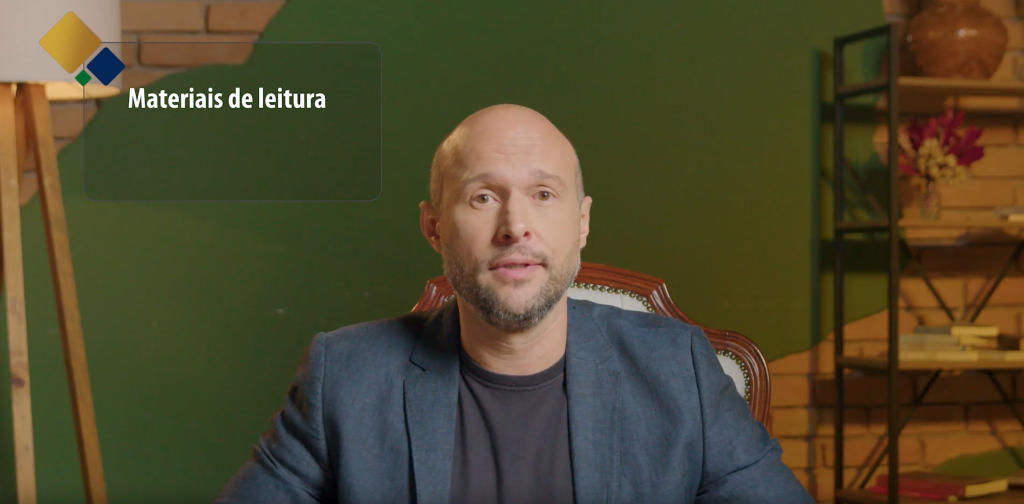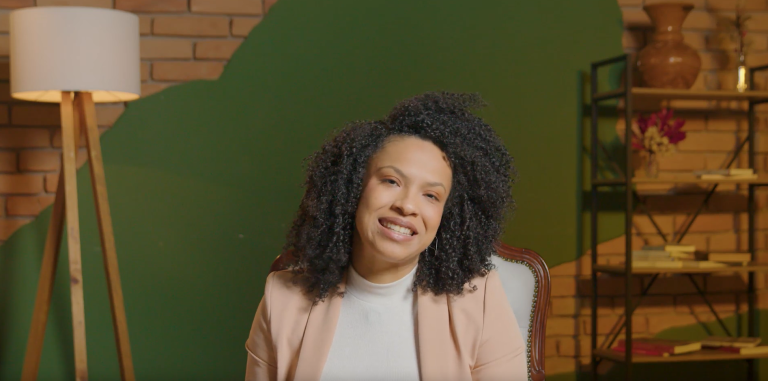São Paulo – The Halal do Brasil project will offer the “Exploring the Halal Market” training course starting of July. The course is online and open to anyone desiring to learn more about and work in the market of halal goods, with halal meaning fit for Muslim consumption. The Halal do Brasil project is spearheaded by the Arab-Brazilian Chamber of Commerce (ABCC) and the Brazilian Trade and Investment Promotion Agency (ApexBrasil) to promote made-in-Brazil foods and beverage abroad.
According to the head of international projects at the ABCC, Fernanda Dantas, the course is another initiative by the project to help companies work in the global Islamic market. It adds a new source of information to a segment that still boasts few studies and research in Brazil.
“It can help companies in their certification process on how to position themselves in these markets, add value to their products, have a strategy for these markets and remain there in the long term. There isn’t much literature in Brazil on the halal market. There is in the United Kingdom and Malaysia, which conduct a lot of research towards framing halal as a quality certification that goes beyond religion, as it has been seen across Europe,” she says.
Halal goods are made according to rules and procedures of the Islamism. They can’t, for example, contain any trace of pork, which Muslims are forbidden to consume. Halal production also dictates the rules for slaughtering cattle and poultry, including some hygiene precautions. That is why halal products goods, which are certified by specific companies, are deemed by both Muslim and non-Muslim consumers as top quality in some countries. It thus allows for a wider audience than the estimated 1.9 billion Muslims to consume halal products around the world.
Extra content to learn more about the halal market
The course will be divided into three modules. The first will give an introduction on the halal culture, the importance of halal certification for Muslims and the role that Brazil plays in this market. Despite not being a Muslim-majority country itself, Brazil has an expertise in halal production.
The second module will delve into the global data on halal foods and beverages and what are the leading halal food and beverage importing countries and establishing a connection between halal and the ESG approach – ESG standing for environmental, social and corporate governance.
And lastly, the third module will focus on marketing halal products. How brands with halal goods contribute to the society will be presented at this phase of the training.

The modules are made up of 15 to 20-minute classes and include exercises. The course will have a total duration of eight hours, and by the end of it, students will receive a certificate of achievement. In addition to the modules, the training comprises a supplementary material including five podcasts and one infographic.
The first podcast will address the foothold of Brazil in the halal market, which is presented by ABCC CEO & secretary-general Tamer Mansour.
The second episode will introduce the certification processes as presented by a certifier.
The third will address the presence of Brazilian brands in the halal world, with examples like honey firm Mel Barrufi and açaí firm Tropicool.
The fourth episode will present the topic “Halal has always been ESG” on how this production process is connected to ESG rules and demands. It will feature ABCC former president Rubens Hannun and national industry lobby ABPA technical director Sula Alves.
“The fifth episode will be themed ‘Then what?’ addressing the growth of the market and how other products aside from foods and beverages can be explored by Brazil,” says Dantas.
The course will be launched on July 1 and be promoted by a marketing action. It will be downloadable on Twygo. The training is paid and available for use with specific licenses. Each license is valid for a single user only.
Read more:
Halal project: Registration for B2Bs now open
Translated by Guilherme Miranda




